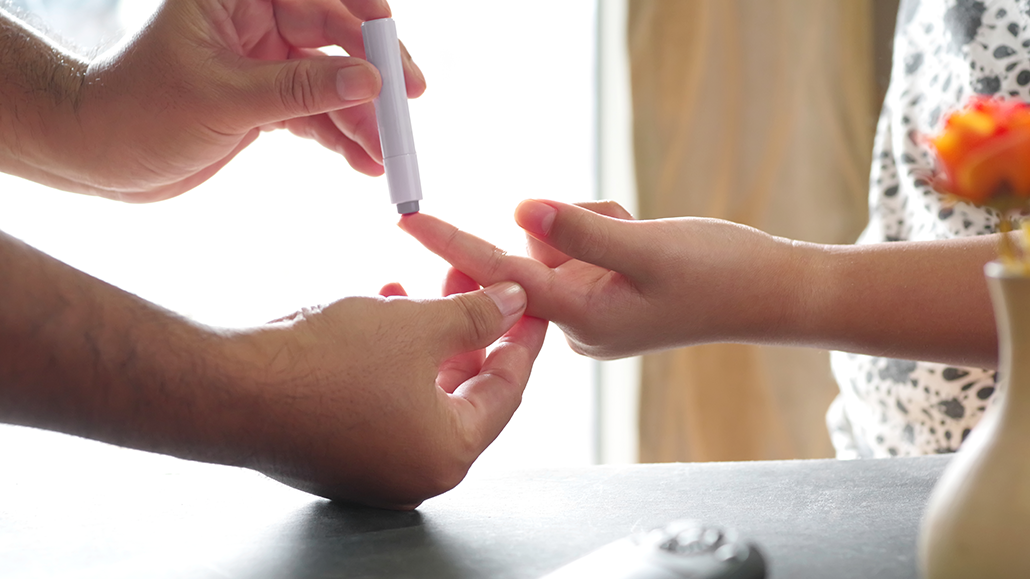Water is the cornerstone of life, fundamental to every bodily function. Comprising about 60% of the human body, it plays a critical role in maintaining health, energy, and vitality. Yet, many underestimate the importance of consistent hydration. This article explores why daily water consumption matters, outlines minimum requirements for average individuals and athletes, and offers practical tips to stay hydrated.
Why Water Is Essential for the Your Body
- Cell Function & Nutrient Transport: Water facilitates cellular processes, aiding in nutrient absorption and waste removal. It keeps cells plump and functional, ensuring organs like the heart and brain operate efficiently.
- Temperature Regulation: Through sweat, water dissipates heat, preventing overheating during exercise or hot weather.
- Joint Lubrication: It cushions joints, reducing friction and preventing injuries.
- Digestion & Detoxification: Water aids digestion, prevents constipation, and helps kidneys filter toxins.
- Cognitive Clarity: Even mild dehydration can impair focus, memory, and mood.
Minimum Water Requirements for the Average Person
The U.S. National Academies of Sciences, Engineering, and Medicine recommends:
- Men: ~3.7 liters (15.5 cups) daily, including fluids from beverages and food.
- Women: ~2.7 liters (11.5 cups) daily.
This translates to roughly 8-10 glasses of pure water daily for the average person, adjusted for factors like weight, climate, and activity. Thirst is a late indicator—drink regularly, not just when parched.
Water Needs for Athletes and Active Individuals
Active individuals lose significant fluids through sweat. Guidelines suggest:
- Pre-Workout: 500ml (17 oz) 2–3 hours before exercise.
- During: 200–300ml (7–10 oz) every 10–20 minutes.
- Post-Workout: Replace 150% of lost weight (e.g., drink 1.5 liters for every kilogram lost).
Endurance athletes or those in hot climates may need 1–3 liters extra daily. Electrolyte-rich drinks can help during prolonged activities to replenish sodium and potassium.
Signs of Dehydration
- Early: Thirst, dry mouth, dark urine.
- Moderate: Fatigue, dizziness, headache.
- Severe: Confusion, rapid heartbeat, reduced urination.
Practical Tips for Staying Hydrated
- Carry a Reusable Bottle: Track intake and refill regularly.
- Infuse Flavor: Add citrus, mint, or cucumber for appeal.
- Eat Water-Rich Foods: Cucumbers, watermelon, and oranges boost hydration.
- Monitor Urine: Pale yellow indicates proper hydration.
- Set Reminders: Use apps or alarms to drink hourly.
Conclusion
Water is indispensable for health, influencing everything from physical performance to mental sharpness. While the average person needs 8–10 glasses daily, athletes require tailored plans to compensate for fluid loss. Prioritize hydration—your body’s silent ally in achieving peak function. As the Greek philosopher Hippocrates said, “If we could give every individual the right amount of nourishment and exercise, we would have found the safest way to health.” Start with a glass of water and toast to your well-being.
Stay hydrated, stay vibrant.
















